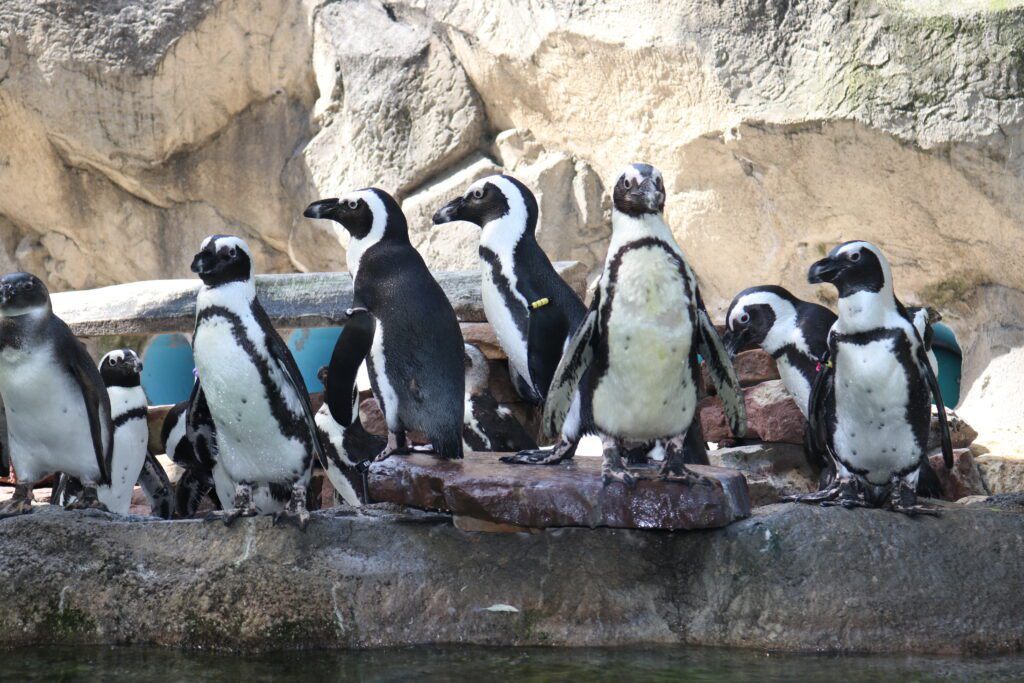Sydney lived his life at SPZ. He had 4 offspring with his longtime mate, Calista. These penguins reside at Fort Worth Zoo, Lowry Park Zoo and New York Aquarium. Sydney was euthanized in August of 2022. He was a favorite of the keepers for his laid back disposition and is deeply missed.
Rollo is currently 28 years old and resides at the San Diego Zoo. In 2002 he left SPZ for the Toledo Zoo, where he lived until 2012 when he went to the Pueblo Zoo. He has been at the San Diego Zoo since 2017. Rollo did not have any offspring.
Herbie currently resides at Jenkinson’s Aquarium in New Jersey. H is 27 years old and lived at SPZ until 2019. He went to Jenkinson’s Aquarium on a breeding recommendation from the Species Survival Plan. He and his new mate are very genetically valuable but have yet to have any offspring.
Newman lived at the Seneca Park Zoo until 2016 when he passed away at the age of 22. He had no offspring. Chumley and Rocco are also deceased. Chumly went to the Toledo Zoo in 2002 and was euthanized there in 2009. Rocco passed away at the Montgomery Zoo in 2009 where he lived for 4 years after leaving SPZ in 2005. Neither Rocco nor Chumly had any offspring.
Since the opening of the penguin exhibit in 1997, the Seneca Park Zoo has had one of the most successful breeding programs for African Penguins in the nation. 114 penguin chicks have hatched here! And to think it all started with these 7 penguins!!!
– Zoologist Sue Rea
Ways you can help African penguins:
- Adopt a penguin at SANCCOB – Adopt an African penguin or penguin egg that will be rehabilitated and released or adopt a ‘Home Pen’ bird that lives permanently at SANCCOB. Funds help to provide incubation, food, and veterinary treatment.
- Donate to SANCCOB – Whether you donate your time or money, you can make a difference in the survival of endangered African penguins and other seabirds in distress. For more information, visit sancob.co.za.
- Visit the Zoo to learn more about African penguins and the threats they face in nature through keeper chats, special experiences, and more.
- Purchase sustainably sourced seafood – Purchase seafood caught or farmed in ways that support a healthy ocean. Ask your local grocer if they sell sustainable seafood and visit seafoodwatch.org to learn more about eco-friendly options.








